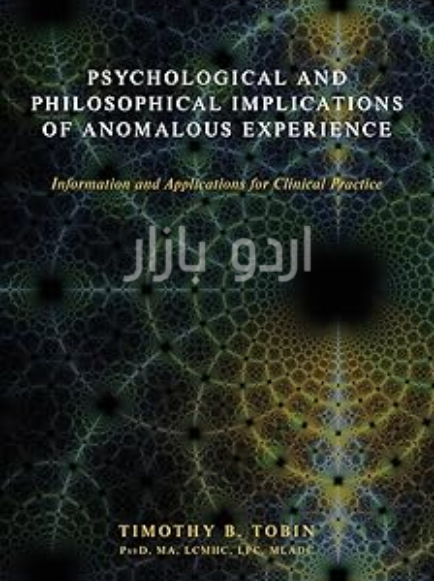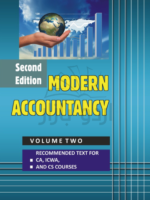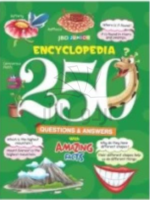Discussion of anomalous and unusual experiences can present a unique challenge to clinicians. At times, therapists and other medical professionals can be confronted with patient reports of phenomena and personal experiences at odds with both the worldview of the clinician and patient, as well as with established theory regarding the natural world, and criteria for clinical diagnosis. (APA, 2013; Carhart-Harris et al., 2016). By their nature, these experiences can trigger deep existential questions, intense emotions, and psychological conflict. They can also contribute to personal insight, and be a catalyst for psychological integration, healing, and transformation. Further, they can contribute to our understanding of consciousness, human personality, and the nature of reality. As such, they are relevant to the field of psychology.
Unfortunately, reductive worldviews, and materialistic clinical education and approaches to therapy, can yield inadequate, unsupportive, and needlessly pathologizing assumptions – causing potential psychological harm to patients seeking to process and integrate their experience. Also – due to fear of ridicule, misunderstanding, marginalization, and potential pathological diagnosis – patients may be apprehensive about disclosing their experiences to their health care providers even though by doing so, psychological growth and healing could occur (Barušs & Mossbridge, 2017; Holden, 2014; Roxburgh & Evenden, 2016).
To encourage disclosure, minimize potential harm, and optimize psychological health and well-being, it is important that clinicians have an informed awareness of the types of anomalous phenomena frequently reported; the types of research that has been done; an appreciation of how these experiences can affect and impact the lives of their patients; and have an understanding of best practices to process the phenomena in a meaningfully therapeutic way. The goal of the following pages is to help facilitate that competency.
This book offers the clinician/practitioner, graduate/doctoral level students, and the curiously minded, a resource and source of information regarding existing psychical research; a guide and discussion related to clinical best practices; and a review of theories best suited to explain the phenomenon. There is also a chapter dedicated to personal examples of the phenomenon as experienced by this author that I hope will offer a useful first-person perspective; help reduce ignorance, misunderstanding, and stigma regarding the topic; and highlight the ubiquitous and meaningful nature of AE/Psi within our subjective daily lives.
Psychological and Philosophical Implications of Anomalous Experience_ Information and Applications for Clinical Practice
₨7,970.00
Customer Reviews
There are no reviews yet.









Be the first to review “Psychological and Philosophical Implications of Anomalous Experience_ Information and Applications for Clinical Practice”